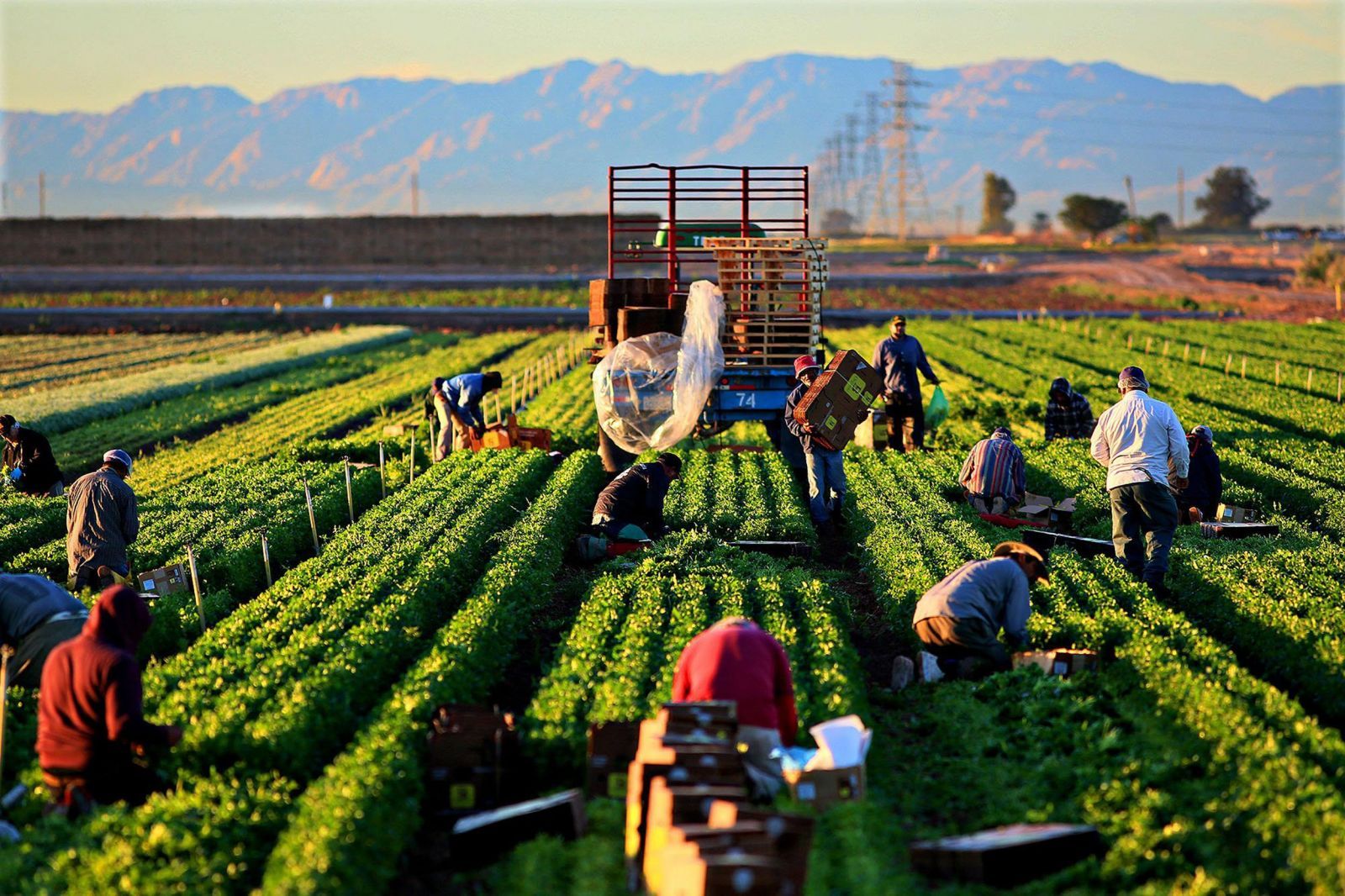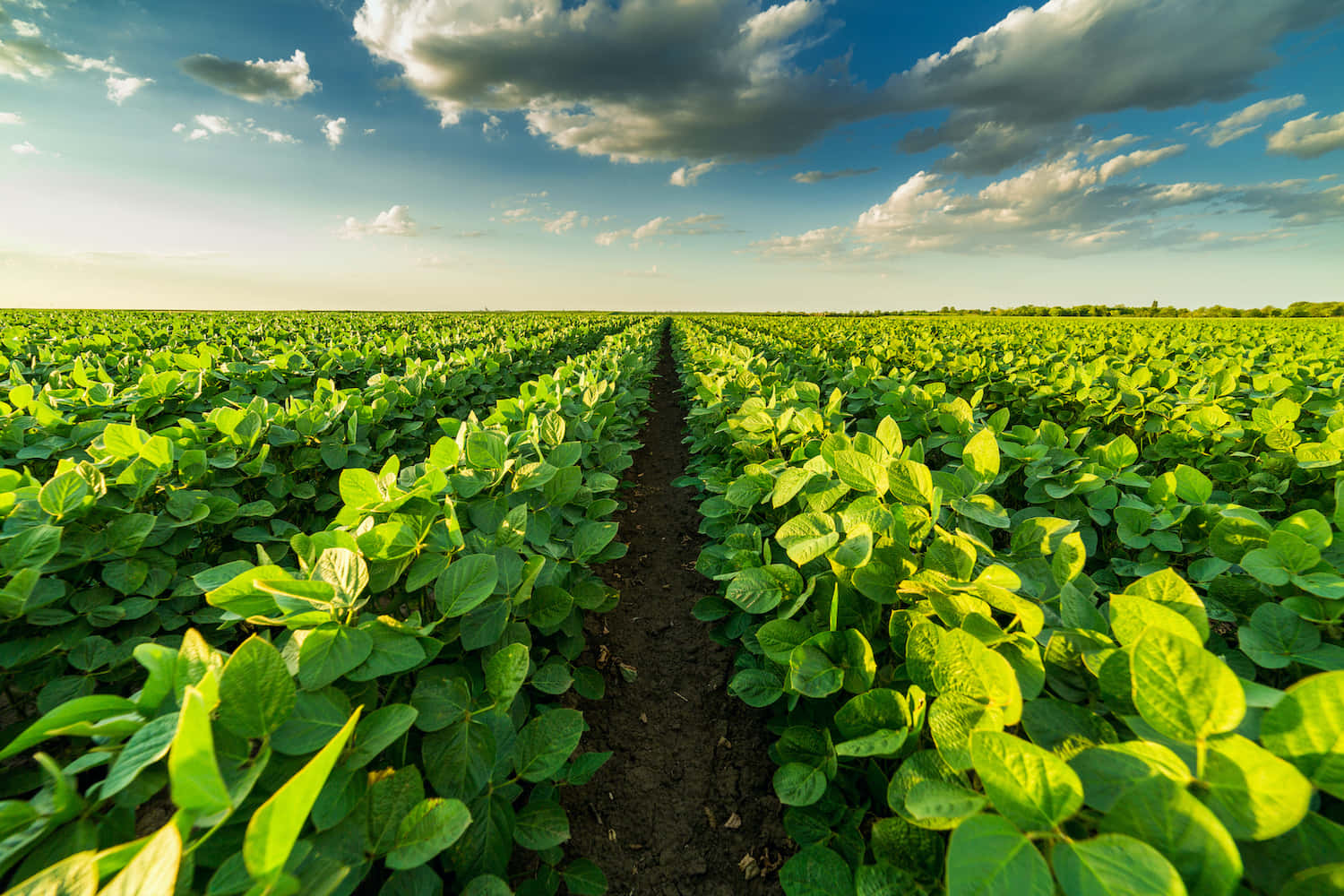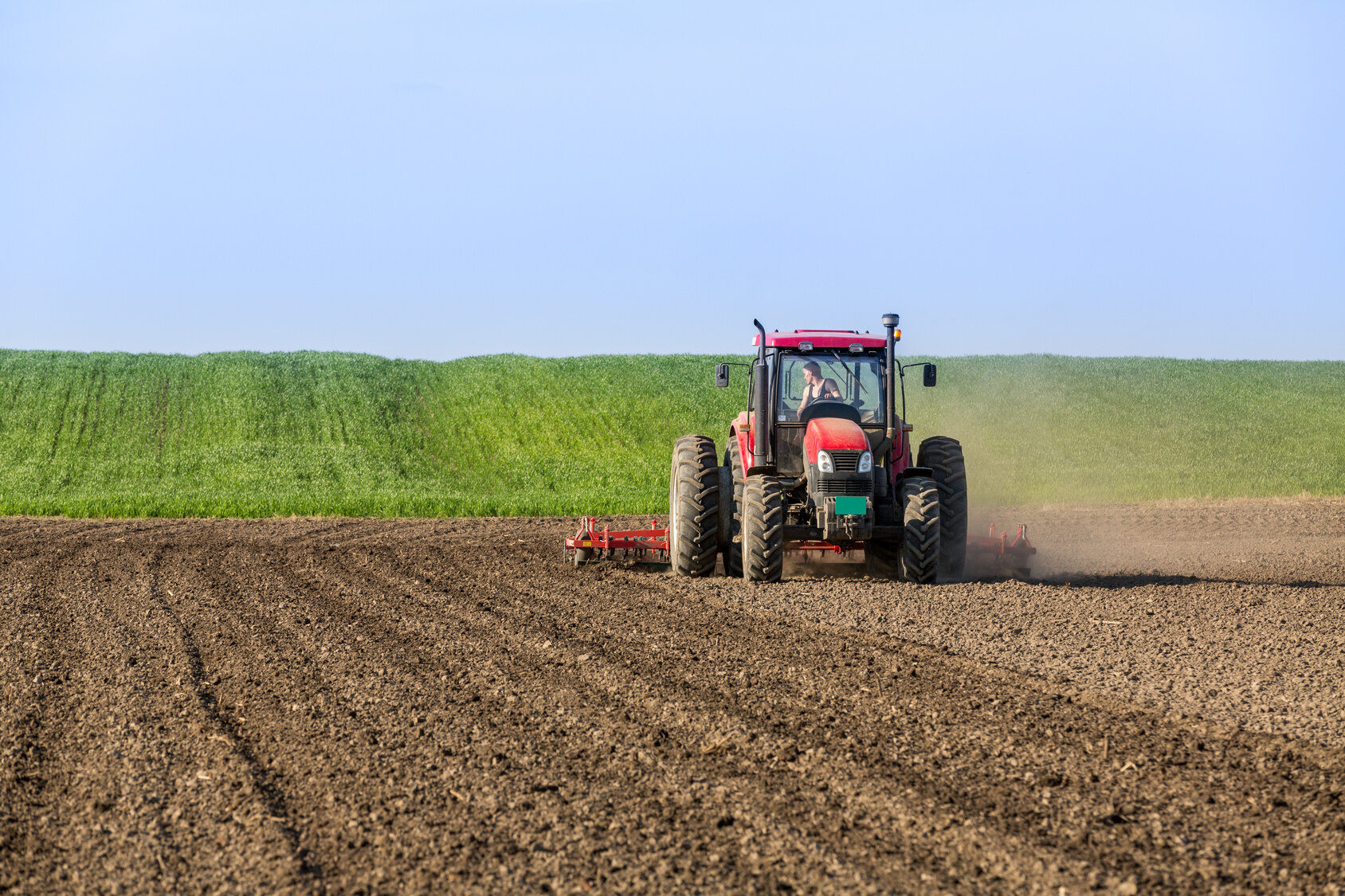Investing in agricultural land in Turkey presents a compelling opportunity for those seeking a lucrative venture. With a thriving agriculture sector and an ideal location such as Antalya, Turkey offers an ideal destination for farming ventures. This rich agricultural heritage is not only a testament to the country’s fertile soil but also its potential for successful farming endeavours.
Investing in Agricultural Land: A Lucrative Opportunity in Turkey
Agricultural land for sale in Turkey can be a highly lucrative opportunity in Turkey. The country’s fertile soil, favourable climate, and strategic location make it an ideal destination for agricultural investments. Moreover, the Turkish government has implemented several policies to support and promote the agriculture sector, such as providing subsidies for farmers and offering tax incentives for investors. These initiatives have helped to create a thriving agriculture industry in Turkey, which has attracted many local and foreign investors.
One of the main benefits of investing in agricultural land in Turkey is the potential for high yields. Turkey’s diverse landscape allows for a wide range of crops to be grown, including wheat, barley, corn, fruits, and vegetables. Additionally, Turkey’s location at the crossroads of Europe, Asia, and Africa provides access to a large market for agricultural products. This means that investors can benefit from both domestic and international demand for their produce.
Another advantage of owning agricultural land in Turkey is the relatively low cost of land compared to other countries. This makes it easier for investors to acquire larger plots of land and expand their farming operations. Furthermore, the Turkish government has streamlined the process of buying agricultural land for foreign investors, making it a straightforward and transparent process.
Exploring the Benefits of Owning Agricultural Land in Turkey
Turkey’s agricultural sector is a major contributor to the country’s economy, accounting for a significant portion of its GDP. As a result, owning agricultural land in Turkey can be a lucrative investment opportunity. One of the primary benefits of owning agricultural land in Turkey is the potential for high yields and profits.
The country’s diverse climate and fertile soil make it an ideal location for growing a wide range of crops, from wheat and barley to fruits and vegetables. In addition, Turkey’s strategic location between Europe and Asia makes it an attractive destination for export-oriented agriculture businesses.
Another advantage of owning agricultural land in Turkey is the relatively low cost of land compared to other countries in Europe. This means that investors can acquire large tracts of land at a fraction of the cost they would pay elsewhere. Additionally, the Turkish government offers various incentives and subsidies to promote investment in the agriculture sector, including tax breaks and financial support for farmers. Owning agricultural land in Turkey also provides investors with the opportunity to contribute to sustainable agriculture practices and support local communities. By investing in local farming ventures, investors can help promote food security, create jobs, and boost economic growth in rural areas. Overall, owning agricultural land in Turkey offers numerous benefits for investors looking to diversify their portfolios and tap into the country’s thriving agriculture sector.

Turkey’s Thriving Agriculture Sector: A Promising Investment Destination
Turkey’s agriculture sector has been experiencing significant growth over the past few years, making it a promising investment destination. With its fertile land, diverse climate, and strategic location between Europe and Asia, Turkey is well-positioned to become a major player in the global food market. The country’s agricultural exports have been steadily increasing, reaching $9.685 billion in 2023, with key products including fruits, vegetables, grains, and livestock. In addition to its export potential, Turkey’s domestic market is also growing rapidly due to the country’s expanding population and increasing demand for high-quality food products.
Investing in Turkey’s agriculture sector offers numerous benefits. Firstly, cost of agricultural land in Turkey is relatively low compared to other countries, providing investors with an opportunity to acquire large tracts of land at an affordable price. Secondly, the Turkish government has been implementing various measures to support and promote the agriculture sector, such as providing subsidies for farmers and offering tax incentives for investors. Furthermore, Turkey’s favourable climate conditions allow for year-round farming and enable the production of a wide range of crops.
In conclusion, Turkey’s thriving agriculture sector presents an attractive investment destination for those looking to enter the global food market or diversify their investment portfolio. With its fertile land, diverse climate, growing domestic market, and supportive government policies, Turkey has the potential to become a major player in the agriculture industry.
Agricultural Land for Sale in Antalya, Turkey: An Ideal Location for Farming Ventures
Antalya, located on the southwestern coast of Turkey, is a prime destination for those seeking agricultural land for sale. Boasting a Mediterranean climate and fertile soil, this region offers an ideal location for farming ventures. With its abundant sunshine, mild winters, and ample water resources from rivers and underground wells, Antalya provides an optimal environment for a wide range of crops including citrus fruits, olives, vegetables, and grains.
Investing in agricultural land in Antalya holds great potential due to its thriving agriculture sector. The region has a rich history in agriculture, dating back thousands of years, which has resulted in a well-established infrastructure and a skilled workforce. Additionally, Antalya benefits from its proximity to international markets, making it an attractive choice for both domestic and foreign investors looking to expand their farming operations.
For those considering purchasing agricultural land in Antalya, it is important to understand the process involved. A step-by-step guide can provide valuable insights into the legal requirements, paperwork, and procedures necessary to acquire property in Turkey. This information will help potential buyers navigate the intricacies of land ownership and ensure a smooth transaction.
Successful farming on Turkish soil requires knowledge of local practices and conditions. Tips such as understanding crop cycles, irrigation techniques, and pest control methods specific to Antalya’s agricultural landscape can greatly enhance the chances of a profitable farming venture. By immersing themselves in the rich agricultural heritage of Turkey and learning from experienced farmers in the region, investors can maximize their yields and minimize risks.
Discover the Rich Agricultural Heritage of Turkey
Turkey boasts a rich agricultural heritage that dates back thousands of years. The country’s agricultural traditions continue to thrive today, making it an intriguing destination for foreign investors
Turkey is known for its wide variety of crops, including wheat, barley, corn, cotton, fruits, vegetables, and nuts. The country’s unique geographical features, such as its diverse soil types and varying climates, provide excellent conditions for cultivating different types of produce. Additionally, Turkey’s agricultural practices encompass both traditional methods and modern techniques, creating a blend of age-old wisdom and innovative approaches.
This combination allows farmers to maximize their yields while preserving the natural environment. Visitors to Turkey can witness the country’s agricultural heritage firsthand by exploring its rural landscapes dotted with picturesque farms and vineyards.
Overall, discovering the rich agricultural heritage of Turkey offers a glimpse into the nation’s deep-rooted connection with the land and provides a unique perspective on the importance of farming in Turkish society.

Tips for Successful Farming on Turkish Soil
Successful farming on Turkish soil requires careful planning, knowledge of local agricultural practices, and adaptation to the unique climate and soil conditions. Here are some essential tips to help farmers achieve success in their agricultural ventures in Turkey.
Firstly, it is crucial to conduct thorough research and understand the specific characteristics of the region where the farm will be established.
Turkey has diverse climatic zones and soil types, so the farmers should choose crops that are well-suited to the local conditions. Consulting with local agricultural experts or experienced farmers can provide valuable insights into the best crop choices for a particular area.
Secondly, investing in modern farming techniques and equipment is essential for maximizing productivity. This includes using efficient irrigation systems, implementing precision farming methods, and utilizing technology to monitor crop growth and pest control. Farmers should also consider incorporating sustainable practices to minimize environmental impact and ensure long-term viability.
Furthermore, building strong relationships with local suppliers, distributors, and buyers is vital for a successful farming business. Developing a network within the agricultural community can provide access to valuable resources, market information, and potential partnerships.
Additionally, staying up-to-date with the latest developments in agricultural research and attending relevant workshops or seminars can enhance farmers’ knowledge and skills. This continuous learning process allows farmers to incorporate innovative techniques into their farming practices and adapt to evolving market demands.
Lastly, maintaining good financial management practices is crucial for long-term success. Keeping detailed records of expenses, revenues, and crop yields can help farmers make informed decisions about resource allocation and identify areas for improvement.
By following these tips, farmers can increase their chances of achieving success in their agricultural endeavors on Turkish soil.
Conclusion
Investing in agricultural land in Turkey can be a lucrative opportunity for those looking to diversify their portfolio. The country’s thriving agriculture sector and rich heritage make it an attractive destination for farming ventures.
With the right guidance and expertise, investors can make successful investments and reap the benefits of Turkey’s fertile soil. As we reflect on the potential of investing in agricultural land in Turkey, it is important to consider the environmental impact of farming practices and the need for sustainable agriculture.









